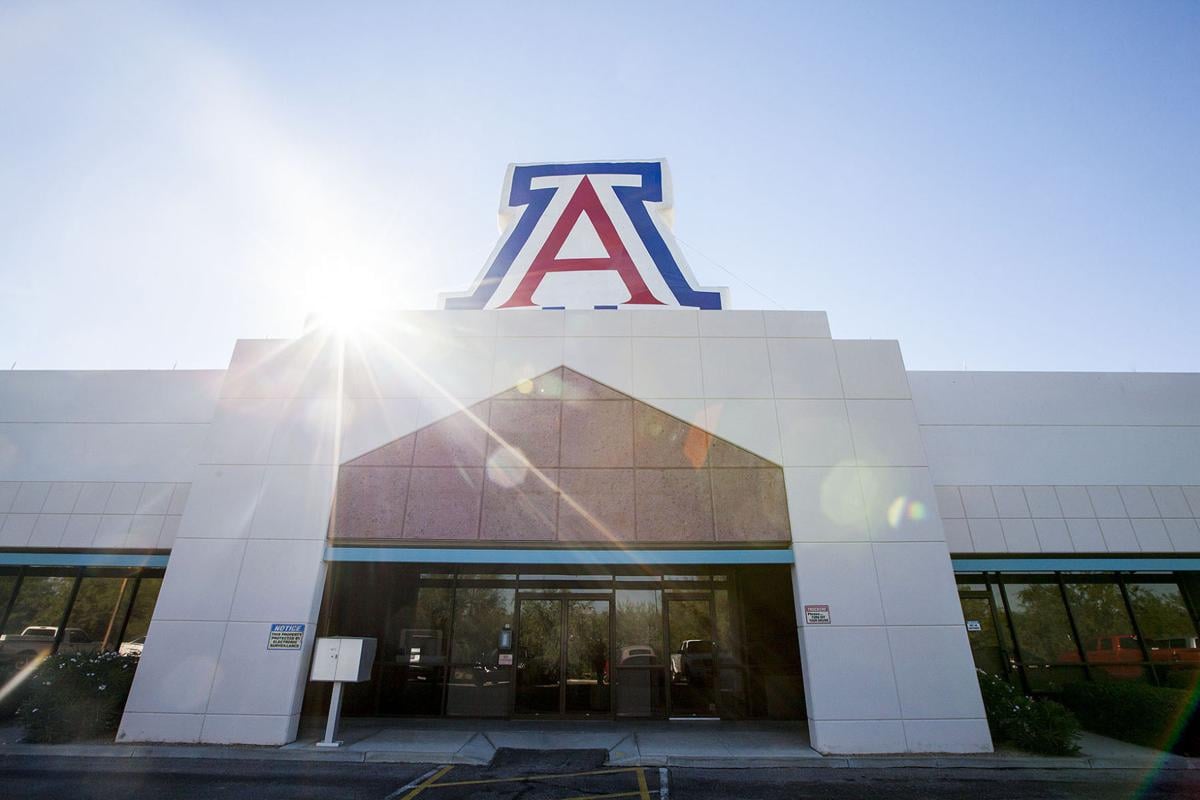The University of Arizona has hit a brick wall with plans to establish a veterinary school in Oro Valley, a project that recently received an $8 million infusion from state taxpayers.
The American Veterinary Medical Association, which accredits veterinary schools, rejected the UA’s proposal, saying it has substantial flaws that show it isn’t ready yet to take the first step toward accreditation.
The proposed veterinary school is one of President Ann Weaver Hart’s signature initiatives. She recently persuaded state lawmakers to provide $8 million to retrofit the Oro Valley site, work that already has begun, according to a UA news release.
The money is being spent to install classrooms, laboratory space and veterinary operating suites at the 33,000-square-foot site near North Oracle Road and North First Avenue.
The accreditor’s finding, which the UA plans to fight at a potential cost of $10,000, would put the project at least a year behind schedule. Once turned down, a school must wait 12 months before restarting its accreditation effort.
The veterinary association’s Council on Education conducted a site visit and reviewed documentation submitted by the UA to support its request. In April, the council delayed its decision to obtain more information from the university.
The council cited five areas of deficiency in rejecting the UA’s application. They include lack of proof of the veterinary school’s long-term financial viability, inadequate staffing and recruiting plans, lack of a high-quality research program and unanswered questions around student access to learning opportunities.
“The council found that the school’s plan, when implemented, will not permit the school to be in compliance” with accreditation standards, the notification letter said.
The UA says the information provided to the accreditor so far should have been enough to merit initial approval. Officials will make that argument on appeal, the UA news release said.
“The UA has provided a detailed plan for a novel year-round veterinary medical program that will provide a faster path to a DVM degree for less money” Hart said in the news release.
“We will demonstrate that we have addressed all of their concerns,” she said of the accreditor. “We are absolutely committed to earning AVMA accreditation.”
The UA has known about the accreditor’s decision since July 12 but didn’t make it public until Tuesday. The UA had a 30-day window in which to appeal with a deadline of Aug. 11. The appeal letter is dated Aug. 8.
The university has 60 days in which to resubmit documentation and must also provide a $10,000 deposit to cover the appeal costs. The accreditor then will have 120 days to schedule the hearing, to be held in Illinois where the group is based.
When the UA announced the Oro Valley site at a news conference last fall, officials said they hoped to obtain accreditation in 2016.
State lawmaker Bruce Wheeler, a Tucson Democrat who supported the recent $8 million state contribution for the veterinary school, said he is “flabbergasted” the UA didn’t have a better grasp of its eligibility for accreditation before seeking public funds.
He blamed Hart for not paying close enough attention to the accreditation process and said he plans to call on the Arizona Board of Regents “to expedite her departure.”
“This is another black eye for the University of Arizona,” said Wheeler, who also has clashed with Hart over her service on the board of for-profit DeVry University.
Hart already has said she plans to retire as president when her contract expires in 2018. The UA is planning a national search for her replacement.
Shane Burgess, interim dean of the UA veterinary school, said in the news release that the UA’s proposal is intentionally different from traditional veterinary schools. It relies heavily on partnerships with the Reid Park Zoo, Pima Animal Care Center and other local entities to provide veterinary students with training opportunities.
“It’s not the traditional vet school model, and it’s not intended to be. We need a model for the 21st century and for Arizona,” he said.





